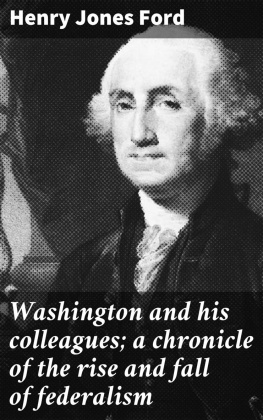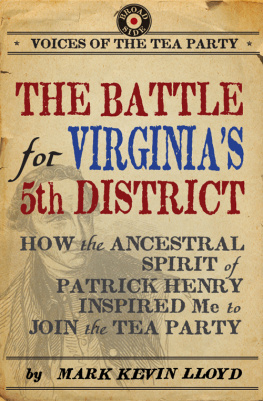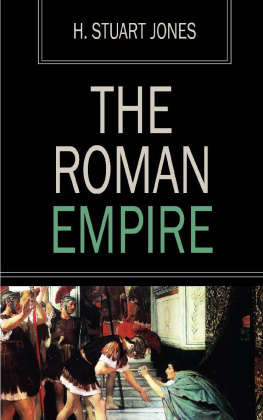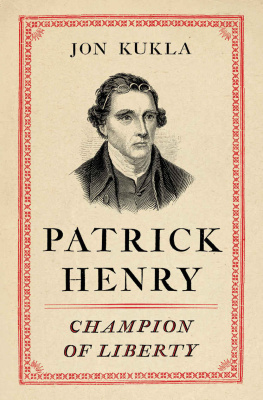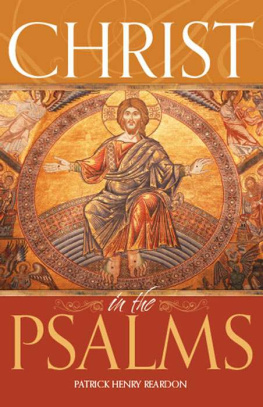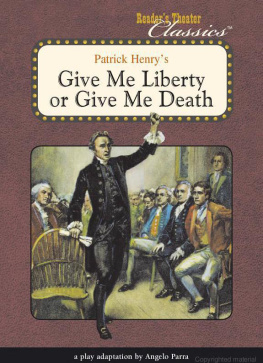CONTENTS
INTRODUCTION
Faded Memory
CHAPTER 1
From County Westmeath to Cattaraugus County
CHAPTER 2
The Irish Rifles
CHAPTER 3
Colonel and Brigadier Genera
CHAPTER 4
Politics Beckon
CHAPTER 5
Postmaster
CHAPTER 6
Grant versus Greeley
CHAPTER 7
Irishman and Veteran
CHAPTER 8
Miles OReillys Halo
CHAPTER 9
Fine Horses and Head Money
CHAPTER 10
Ghouls Errand
CHAPTER 11
Decline
INTRODUCTION
Faded Memory
B iographers rarely chronicle a significant class of nineteenth-century Americans: the several hundred men who led brigades and higher commands in the Civil War and governed at the municipal, state, and federal levels in the postwar years. Like no other group, Civil War veterans influenced the politics of the Gilded Age. Today a handful of the former generals who wielded postwar political power remain firmly lodged in historical memory, but for every well-known Ulysses S. Grant, there are hundreds of men whose lives have gone unexamined and whose influence has been overlooked. Despite their noteworthy public service, most of them have long been forgotten.
A small subset of that coterie consists of generals of foreign birth. Over the past seven decades ethnicity has steadily emerged as an analytical factor in Civil War history. Most recently, scholars have questioned the military effectiveness of ethnic soldiers, whether their allegiance was devoted to their ethnic group or their cause, and if their service advanced or retarded the assimilation process. What is clear is that ethnicity was a matter of great importance in nineteenth-century America. The questions relating to the military service of certain foreign-born Civil War generals can also be asked of their postwar political careers.
Patrick Henry Jones was one such ethnic general and postwar politician. A native of Ireland, from all appearances he readily assimilated as an American and achieved remarkable success in his adopted country. But even successful Irish immigrants remained somewhat estranged from American culture, unable wholly to adapt to life in their new land and harboring homesickness for Ireland. Irish clannishness and suspicion of American ways combined with American stereotyping and mistrust worked to retard Irish social integration. Joness family personified the estrangement. Repelled by nativist prejudice in New York State, they became pioneer members of an Irish Catholic colony in the West. Jones remained behind and prospered.
When the Civil War erupted, Jones had the Irishmans legendary good luck to be attached to a largely Irish regiment. He rose in rank and within sixteen months was colonel of a new regiment that followed him to the end of the war. He served in significant campaigns; survived wounding, injury, capture, and illness; and emerged from the ordeal with an exemplary military record and a commission as brigadier general. Of the twelve Union generals born in Ireland, only Thomas A. Smythan outstanding brigade and division commander who was mortally wounded during the wars final daysproduced a better overall military record than Jones.
In the postwar years Jones was one of the most prominent Irish-born politicians in New York City, enormously popular during a time when his ethnic group was consolidating political power. His career sheds light on the political ins and outs of the age and the machinations of the spoils system. Initially a Democrat, he rose to prominence as a Republicanan anomaly for an Irishman. New York State congressman, governor, and senator Reuben E. Fenton and the influential editor of the New York Tribune, Horace Greeley, mentored Jones in his rise to political prominence. At their urging President Grant appointed Jonesby then a veteran of elective and appointive officesto the prestigious and patronage-rich office of postmaster of New York City. Jones was thus presented with a dilemma when in 1872 Greeley challenged Grant for the presidency. Two years later the Irish vote helped elect Jones to office as a two-party candidate. In the following decade he became disenchanted with the Republicans and, like many Irish Americans, drifted to third parties.
In his heyday Jones was a nationally known figure, acquainted with many of the best-known Americans of his era, frequently mentioned in the press, and pictured in the popular illustrated newspapers. On his death in 1900 a paper in his former hometown remarked, His memory shall not fade among men. But in the century-plus since then, his name has lapsed into obscurity. In the many books that have chronicled the deeds of Irish Americans, he has gone unmentioned. Nor is he remembered in Ireland, where the Civil War service of Irish American soldiers remains largely unrecognized and little understood.
Having attained prominence, Jones was not immune to its perils. Gilded Age corruption enmeshed him in the embezzlement of a post office subordinate, which hurt him financially, and a scandal involving a protg, which besmirched his reputation. Then he was dragged into a peculiar involvement in the most sensational crime of the era, which indelibly tainted his name. Nagged by the scandals, plagued by the crime, troubled by alcoholism, he fell into a downward spiral that cast him from the limelight into darkness. Jones was an honorable man undone by circumstances. In the end his life was a tragedy of ambition gained and dashed, of steady rise and precipitate fall, of hard-earned plenty reduced to poverty.
This biography portrays Jones the public man, offering only hints of his personal life. His career as a soldier and public servant is amply documented by contemporary press coverage and other sources. His personal papers were allegedly lost after he died; his widow claimed mice ate them. But enough Jones letters survive in the papers of his correspondents to add personal perspectives to the copious press reports. In addition, reporters interviewed him during certain pivotal chapters of his life, recording his opinions on key events.
Nineteenth-century America teemed with promise and pitfalls, and Patrick Henry Jones partook of both. America offered prosperity to the ambitious, able, and hardworking; Jones possessed those attributes and reaped the benefits. Americans presented obstacles to immigrants; Jones overcame them. American fought American at great cost in the Civil War; Jones served the Union cause valiantly, suffered severely, and emerged from the conflict with high rank and reputation. American postwar politics offered opportunities to war heroes; Jones seized them. American politicians became enmeshed in Gilded Age corruption and scandal; Jones was so tainted. Americans were shocked by a horrific crime; Joness involvement in the case cast a pall on his reputation. Patrick Henry Jones strove for success in America. He grasped it and held it for some heady years, but eventually it slipped from his hands. Joness rise and fall reflected a society in which anything was possibleincluding some very good things and some very bad.




